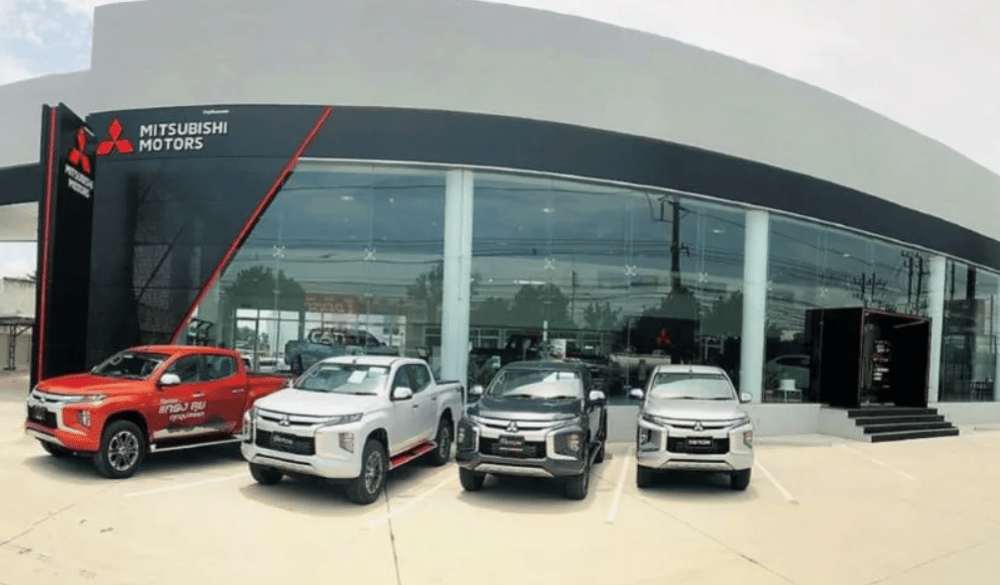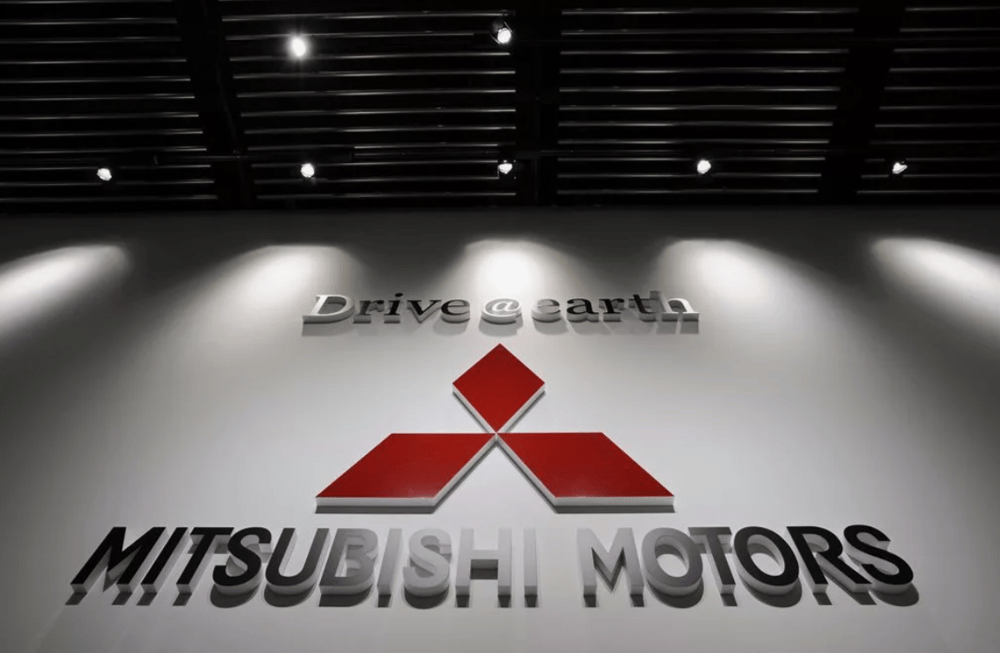Mitsubishi Motors and Foxtron Unite for EV Push Amid Intensifying Global Competition
In a bold move to strengthen their electric vehicle (EV) presence, Mitsubishi Motors $7211.T and Foxtron Vehicle Technologies $2258.TW, a subsidiary of Taiwanese tech giant Foxconn $2354.TW, have signed a memorandum of understanding to co-develop and deliver a new EV model. The collaboration aims to launch the vehicle in the Oceania region in the second half of 2026, marking a significant milestone in Mitsubishi’s transition toward electrification and Foxconn’s growing ambitions in the automotive sector.
The upcoming model will be designed by Foxtron, manufactured in Taiwan by Yulon Motor $2201.TW, and will represent one of the first visible outcomes of Foxconn’s strategic pivot into the EV manufacturing ecosystem. Mitsubishi stated that this initiative reflects its intent to strengthen its regional portfolio while tapping into emerging technologies and flexible production networks.

A Cross-Border Strategy to Meet Global EV Demands
This agreement is part of a broader push by both companies to reposition themselves in a rapidly evolving automotive landscape dominated by electrification, software integration, and global competition. For Foxconn, which is best known for assembling Apple $AAPL products, entering the EV supply chain represents a diversification effort with massive growth potential.
Meanwhile, Japanese automakers like Mitsubishi face increasing pressure to accelerate EV development amid mounting regulatory mandates and the aggressive international expansion of Chinese electric car manufacturers.
Factors Driving This Japan-Taiwan EV Alliance
Mutual interest in expanding EV market share
Foxconn's strategic diversification beyond consumer electronics
Mitsubishi’s need to modernize its product portfolio
Competitive response to Chinese EV brands
Focus on scalable manufacturing and regional customization
Strategic Implications in an Intensifying EV Race
Foxconn’s EV ambitions are increasingly visible through partnerships like this one with Mitsubishi. The Tokyo seminar in April, where Foxconn’s Chief Strategy Officer Jun Seki emphasized Japan’s importance to the company’s EV roadmap, reflects Taiwan’s intent to deepen collaboration with established Japanese OEMs.
Foxconn’s contract manufacturing model could offer cost-effective, fast-to-market EV solutions, a capability Mitsubishi can leverage to hedge against risks in a complex supply chain environment. With Yulon producing the new model, the project also underscores Taiwan’s evolving role as a hub for EV innovation and manufacturing.

Expected Impacts of the Mitsubishi–Foxtron Collaboration
Enhanced Regional Presence The launch of the EV model in Oceania suggests a tailored go-to-market strategy that prioritizes mid-sized, less saturated geographies before scaling globally.
Accelerated Development Cycles Leveraging Foxconn’s speed in hardware production could allow Mitsubishi to cut typical automotive lead times significantly.
EV Supply Chain Diversification Mitsubishi gains a foothold in Taiwan's maturing EV ecosystem, reducing dependence on legacy platforms.
Competitive Realignment in Asia-Pacific The partnership could position both companies more favorably against Chinese manufacturers entering Western and emerging markets.
Tech-Auto Convergence Foxtron’s tech-first approach may infuse Mitsubishi’s lineup with greater software-defined vehicle features, aligning with future mobility trends.
Looking Ahead: A Model Partnership in a Shifting Auto Market
As regulatory, technological, and consumer pressures continue reshaping the global auto industry, alliances like that of Mitsubishi and Foxtron are becoming a hallmark of strategic survival and growth. By aligning Japanese engineering prowess with Taiwanese tech manufacturing agility, the collaboration sets the stage for competitive EV offerings that challenge both incumbents and newcomers.
The initiative also illustrates the evolving role of traditional automakers, who are increasingly dependent on tech-led partners to keep pace with the electrification wave. Whether this model will scale remains to be seen, but it reflects a template that many industry players may follow in the years ahead.















Comments
Such a sale has the potential to reshape the landscape of tech automation.
A transaction of this scale might set a new standard for automation advancements in the tech sector.